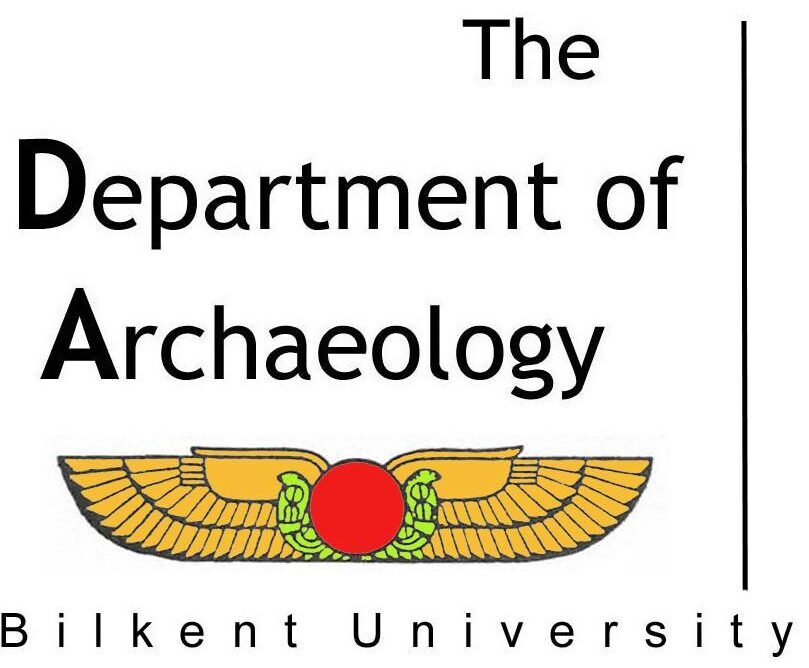Benjamin Irvine studied Archaeology at the University of Edinburgh (2005) followed by an MSc in Human Osteoarchaeology from the same university (2011). He completed his doctoral studies examining dietary habits in Early Bronze Age Anatolia using skeletal and stable isotope analyses at the Freie Universität Berlin in 2017. He has held postdoctoral research positions at the British Institute at Ankara (2018-2020) – where he continues to hold an Honorary Research Fellow position, the Koç University Research Center for Anatolian Civilizations (2020-2022), and Hacettepe University as part of a TÜBİTAK 1001 project (2023-2025). Benjamin joined the Department of Archaeology at Bilkent in 2025.
He has been working in Türkiye since 2008 on excavations and research projects, predominantly as a specialist in the analysis of human skeletal and dental remains and the application of isotopic analyses to bioarchaeological remains from sites dating from the early Neolithic to the Byzantine periods. He has written about dietary habits, subsistence practices, agricultural strategies and ancient economies, as well as past human-environment interactions in ancient Anatolia and neighbouring regions, and he published a co-edited monograph ‘People of Anatolia: Past, Current, and Future Research in the Biological Anthropology of Türkiye’ in 2024.
He is currently involved with several projects as an isotope specialist, is head of the human osteoarchaeology lab on the Türkmen-Karahöyük Archaeological Project as well as directing the Türkmen-Karahöyük Necropolis Project (TKNecroP), and is co-director of the BioIsoANE (Bioarchaeological Isotopic analysis in the greater Ancient Near East) project.
RESEARCH INTERESTS
Human Osteoarchaeology; Bioarchaeology; Isotopic Analyses; Archaeological Science; Dietary Habits and Subsistence Practices; Agricultural Strategies and Ancient Economies; Mobility and Movement; Human-Environment Interactions
CV is available here
